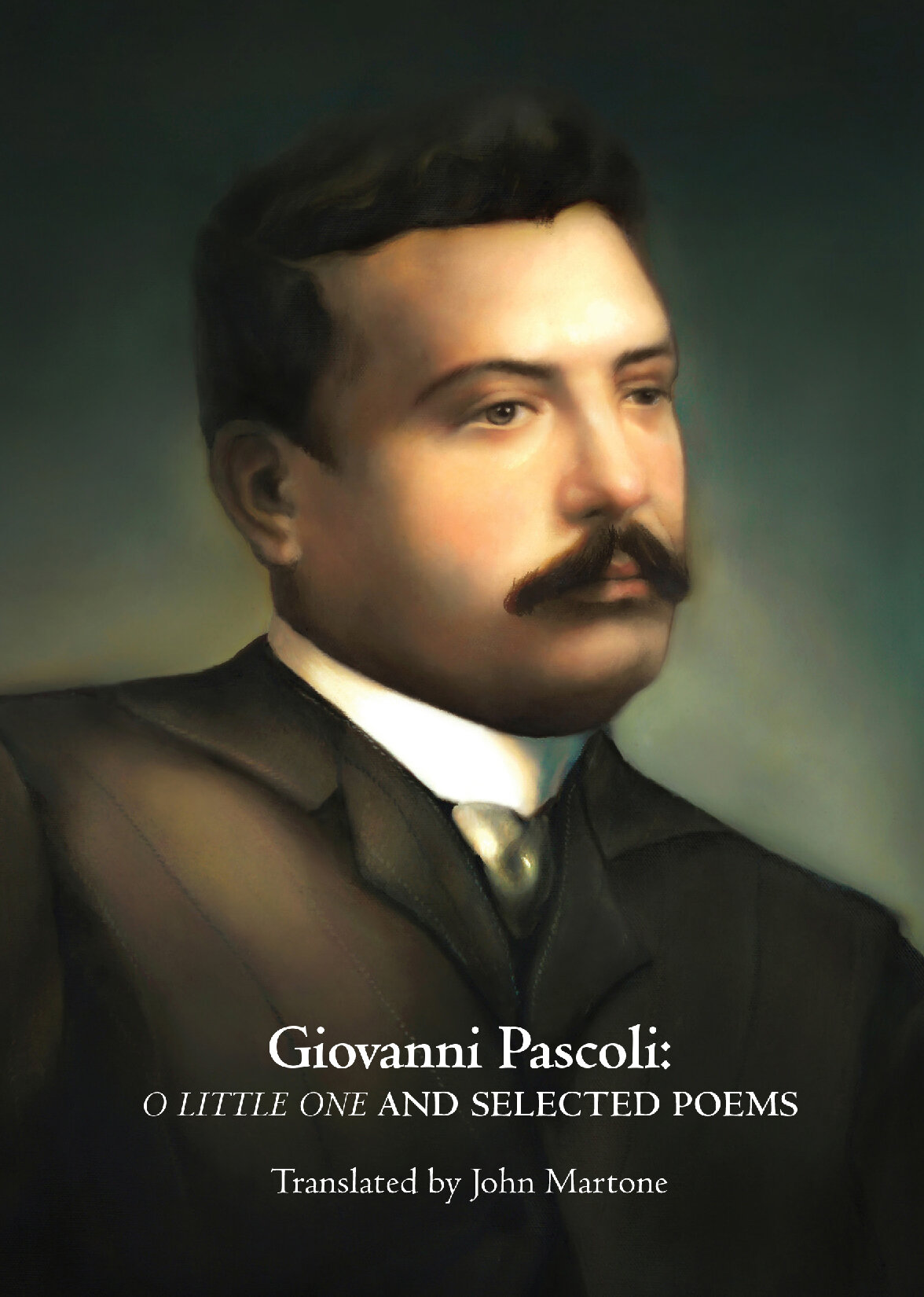Giovanni Pascoli: O Little One and Selected Poems
Pascoli stands in the doorway. He is both a last romantic and Italy’s first modern poet. Beloved for his poems of family and the nest, he is also one of the first voices of modern depth psychology. Steeped in the Italian landscape and drawn into the spell of little creatures, he catches the natural world with scientific accuracy, becoming one of our earliest ecological poets. A revolutionary who writes with emotion about the rural poor, he reports as well on the first wave of Italian immigrants to the new world.
This collection assembles Giovanni Pascoli’s central and prophetic study of the imagination, O Little One, an extensive selection of poems delineating his long career, and a late and previously untranslated essay on the poetry of dead languages.
The translator’s introduction examines Pascoli’s place as a liminal figure, situated at the conjunction of multiple worlds, casting a visionary light on whatever he beholds.
There’s such a deep plangency and nostalgia to be found here, resurrected for us in an American idiom . . . Oh, that still faint, necessary music! How beautiful it is! And how restorative.
~Paul Mariani
John Martone’s collections of poetry include so long, Ksana, Storage Case, and dogwood & honeysuckle. He has also translated Franco Arminio’s Postcards from the Dead and edited Spiritual Necessity, Selected Poems of Frank Samperi. He is the publisher and editor of the poetry journals tel-let and otata.
“Final Dream” — read in the original Italian
Purchase
Softcover – ISBN 978-1-942281-05-4 – 163 pages
A look within:
Cover painting by Biba Kayewich: www.bibakajevic.webs.com.
Born in 1855 in San Mauro near the Adriatic coast, Giovanni Pascoli was a true orphan – ten- years old when his father was murdered, fourteen when his mother died of meningitis (two siblings gone in the same period) – who survived those devastating losses to become a protean figure of Italy’s most tumultuous years. He was imprisoned for anarcho-socialism, taught in the impoverished cave-city of Matera, and went on to become a professor of Latin at the prestigious University of Bologna. Pascoli died in 1912, having witnessed and taken part in the creation of the Italian nation, and having helped to shape the new century.






